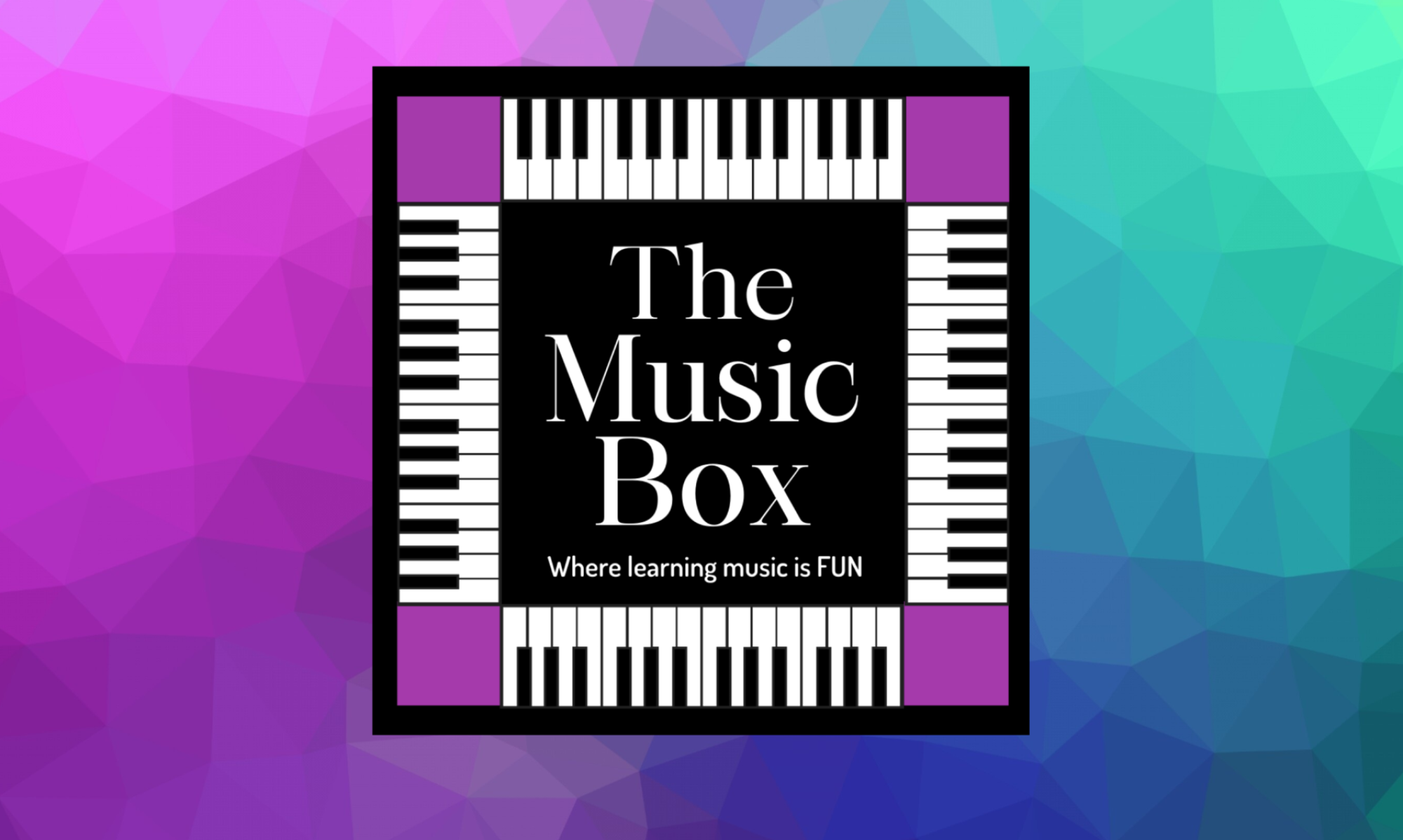Every Good Boy (and Girl) Deserves…to learn in an age appropriate way.
If you took piano lessons from someone other than an MYC teacher or if your only music instruction occurred at elementary school, it is likely that you learned to memorize the patterns FACE and Every Good Boy Deserves Fudge. I have parents ask me frequently why I don’t use these phrases in my teaching. My answer….they don’t work very well for young children. Fast note readers do not stop at each note and mentally go through the four phrases to figure each note out. They read by intervals and patterns, looking for landmarks along the way. The MYC way teaches these strategies with the young child’s developmental stage in mind.
In Music For Young children classes we personalize the notes. Each letter represents a character or “critter” who has an adventure on the grand staff. The critter stories are easy for the children to relate to and easy for them to remember because of the dynamic way MYC teachers introduce them to the children. Puppets, songs and crafts make the critters come to life.
In addition to the critter stories, in class we spend time reading, building and listening to patterns. The patterns help children to chunk the information in a piece of music, making it easier for them to digest. We also use solfege…doh re mi fa so…..to help children “hear” the music they are reading before they even play it. All of these tools, make note reading less of a hurdle.
So what about all of the people in the world who learned to read music using Every Good Boy…? I would venture a guess that these people were older than 3 when learning to read the notes. I would also venture a guess that many of them couldn’t read well until they were older than 11 or 12….when the abstract connection between the lines and phrases made sense to them because of their maturity.
As parents and teachers we need to be mindful of the fact that children learn differently than adults do. Abstract learning, according to Piaget doesn’t begin until age 11 during the “formal operational stage” Prior to that time (when most students begin their musical journeys…ages 3 – 9) children are learning in the “concrete operational” and “pre-operational” stages where they need concrete/physical/hands on experiences to help them learn.
If you are finding your child is having a hard time note reading, try these strategies:
- review the critter stories and songs with your child using the tin sheet and smarties or chocolate chips. If you get it right? Eat the note.
- choose four or five favourite critters to be landmarks on the staff. Grumpy G in the treble clef, Fireman Fred in the bass clef are good places to start.
- look at each new piece of music away from the piano. Look for patterns.
- go through your note cards and play each note. Time yourself and record your score. Can you beat it the next time?
- play some note naming games on a website like musiclearningcommunity.com
- ask your teacher for reinforcement strategies
It is amazing what children can learn, remember and understand when they are taught in an age appropriate manner. They amaze me every day! Keeping your child’s developmental stage in mind when tackling note reading will go a long way to making the task enjoyable and successful. Happy music making!!
